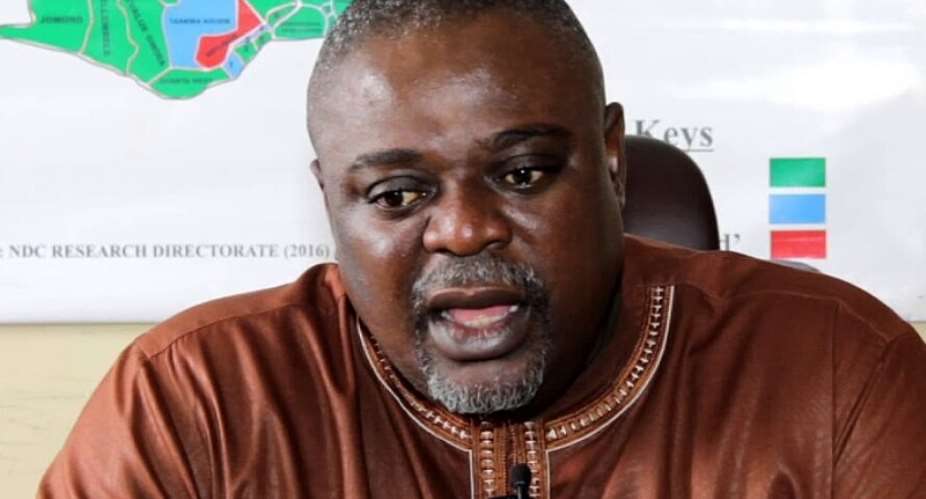In a momentous occasion that adds a fresh layer to his multifaceted journey, Ghanaian politician Koku Anyidoho, former deputy General Secretary of the NDC has graduated from the Trinity Theological Seminary.
This remarkable achievement not only underscores his commitment to continuous learning but also signals a nuanced intersection between faith and politics.
Mr. Anyidoho, known for his significant contributions to the National Democratic Congress (NDC), has added a new accolade to his name by completing his studies at the Trinity Theological Seminary. This move, a departure from the conventional trajectory of political figures, highlights the diverse interests and intellectual pursuits of one of Ghana’s prominent leaders.
The graduation ceremony, attended by esteemed guests and well-wishers, showcased a blending of academic accomplishment and spiritual reflection. Mr. Anyidoho’s decision to delve into theological studies reflects a desire for a more holistic understanding of the world, one that extends beyond the realms of politics and delves into matters of faith and morality.
As a seasoned politician, Anyidoho’s journey into theology draws parallels with the legacies of Ghana’s past leaders, including Dr. Kwame Nkrumah and Professor John Evans Atta Mills, both of whom were known for their deep spiritual connections. This move signifies a continuation of a tradition where political leaders recognize the symbiotic relationship between governance and personal values.
While Mr. Anyidoho has been a stalwart in Ghanaian politics, serving as the Deputy General Secretary of the NDC and leaving an indelible mark as the Director of Communications, his foray into theological studies suggests a broader vision for his role in shaping the narrative of the nation. It underscores the belief that a well-rounded leader is one who not only navigates the intricacies of policy but also engages with the ethical and moral dimensions of leadership.
In response to his graduation, Mr. Anyidoho expressed gratitude for the support received throughout his academic journey. He acknowledged the importance of understanding the complexities of faith in a society where ethical considerations play a pivotal role.
As the news of Koku Anyidoho’s graduation reverberates through political circles and beyond, it prompts reflection on the evolving nature of leadership in Ghana. It invites us to consider leaders not solely through the lens of political prowess but as individuals committed to continuous learning and the pursuit of a more comprehensive understanding of the world around them.
This graduation is more than an academic milestone; it is a statement about the potential for leaders to transcend traditional boundaries and embrace a diverse range of knowledge to better serve their communities and the nation at large. As Koku Anyidoho embarks on this new chapter, the nation watches with anticipation to see how this intersection of theology and politics will shape his future contributions to Ghana’s political landscape.




































